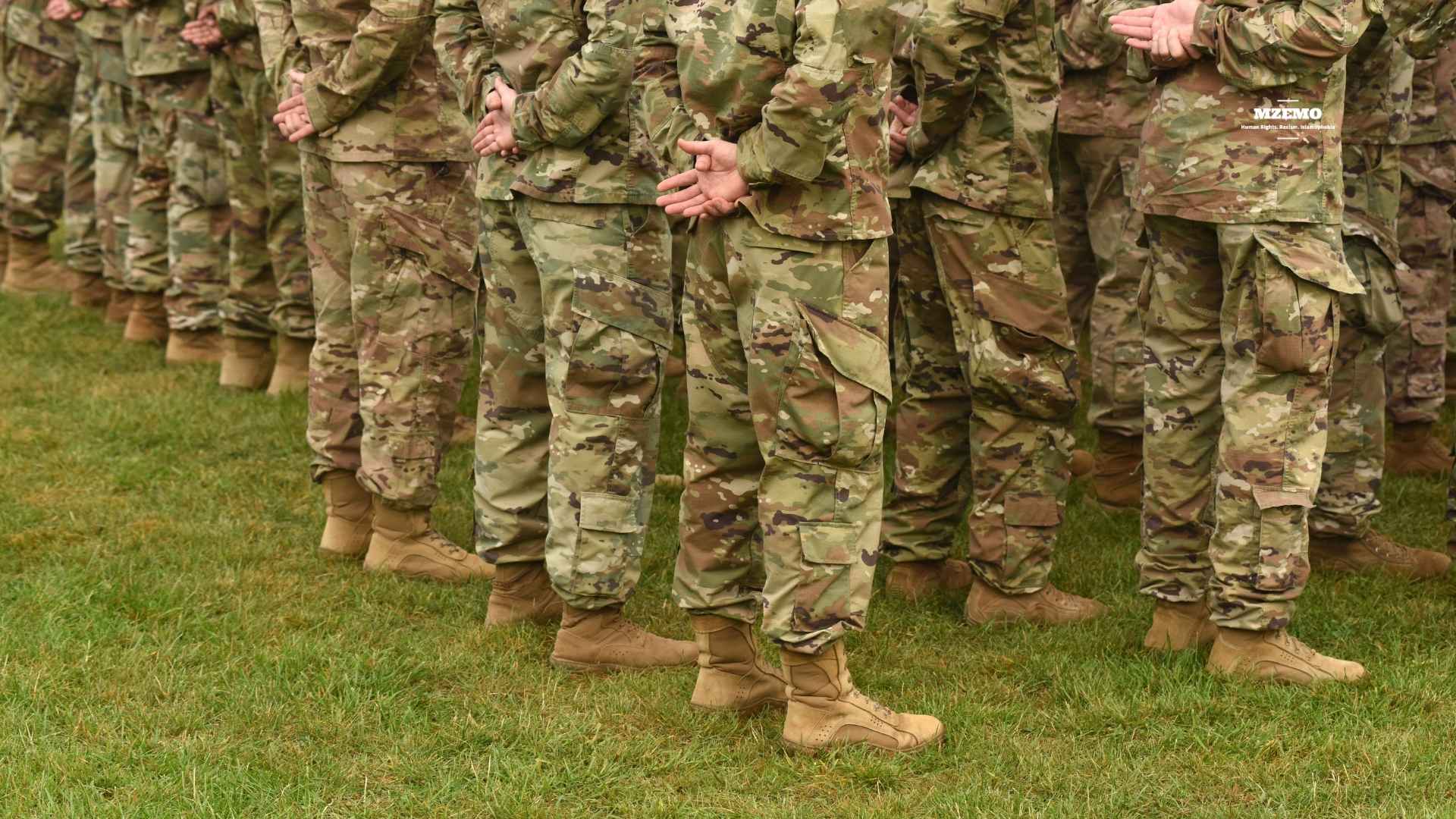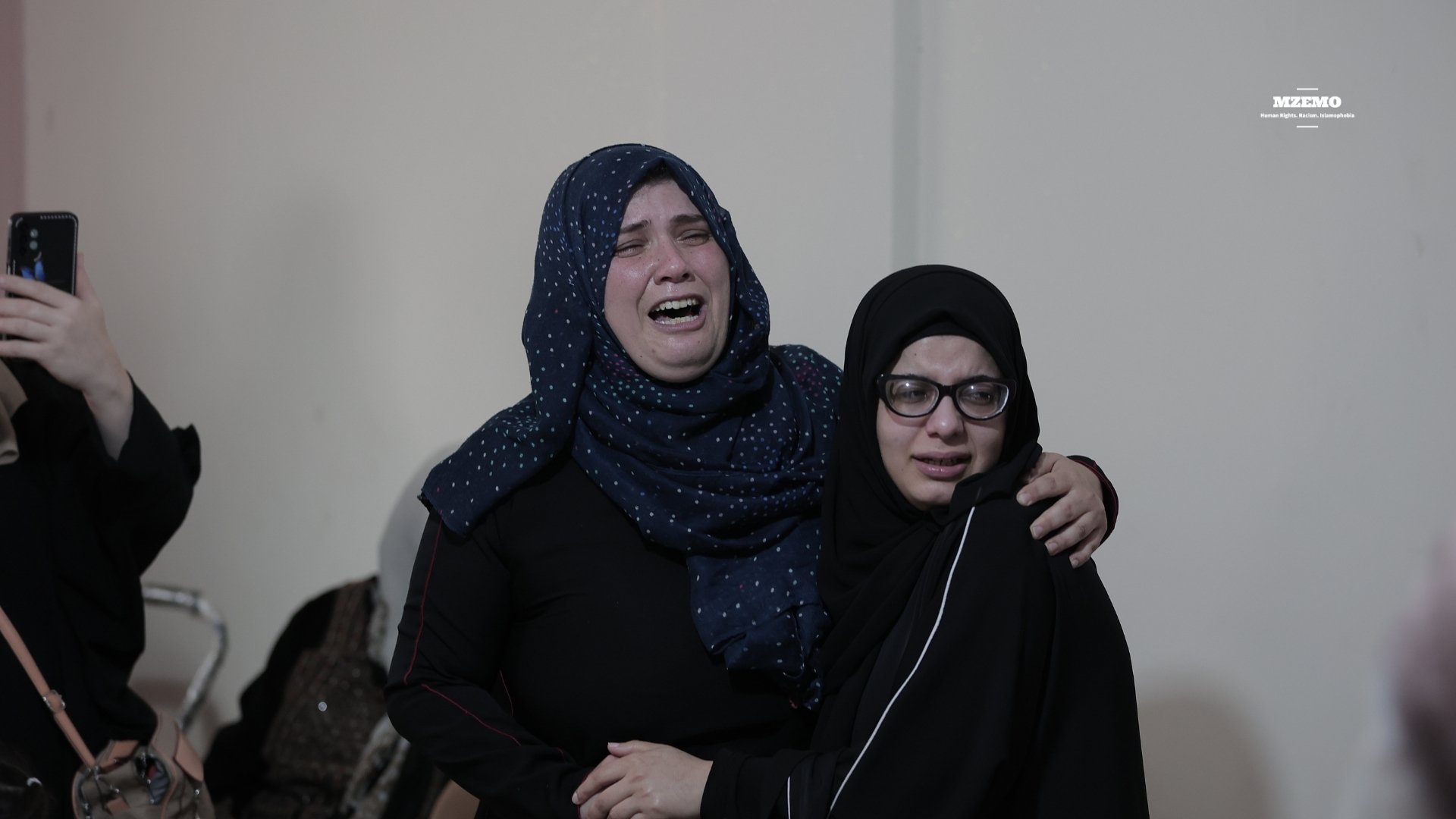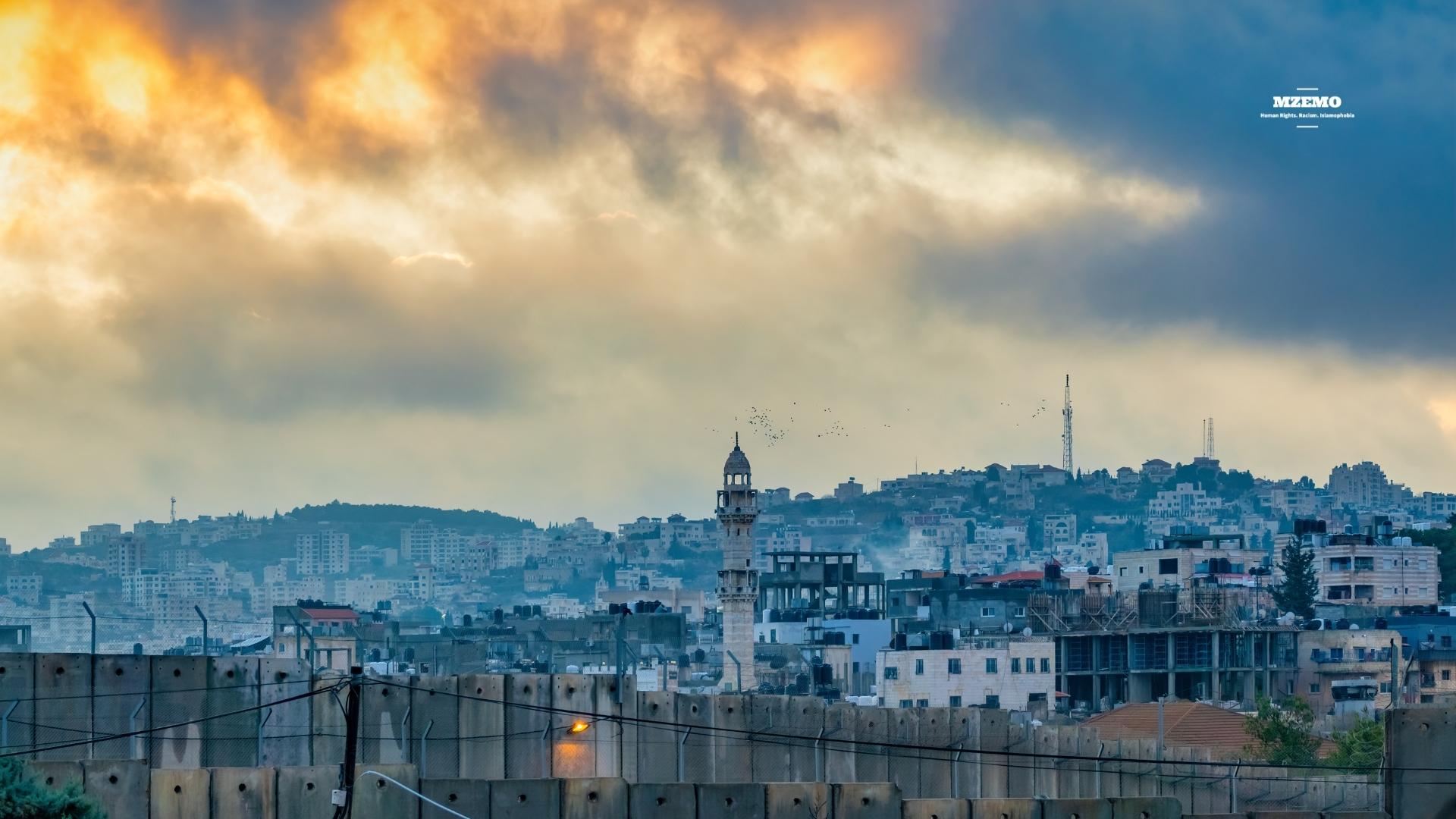Gaza’s skyline has vanished under intense smoke, while its streets, once filled with life, now echo with silence and grief. Amid this devastation, Israel has chosen to open another front, and this time not with missiles, but with geography. The Knesset, Israel’s parliament, has recently advanced two bills that aim to formally annex large parts of the occupied West Bank. It is an act of political conquest, while on the other hand, Gaza’s children are buried under rubble.
This is not a coincidence but a continuity. As Gaza suffers from genocide, Israel is redrawing borders to make that erasure permanent.
A Legislative Land Grab
Recently, Israel’s parliament approved the first readings of two annexation bills. The first extends Israeli civil law to all West Bank settlements, which is a territory occupied since 1967 and recognized internationally as Palestinian land. When it comes to the second bill, it targets Ma’ale Adumim, a massive settlement east of Jerusalem that splits the West Bank in half, severing its north from its south.
Although the votes were close, with one passing 25–24 and the other 31–9, their meaning was profound. As per the reports, both bills were introduced while U.S. Vice President JD Vance was visiting Israel, symbolizing open defiance of Washington’s diplomacy. Prime Minister Benjamin Netanyahu hesitated to endorse them publicly, but pressure from his far-right allies, led by Bezalel Smotrich and Itamar Ben-Gvir, is relentless. Their ideology is clear: no Palestine, no partition, and hence no peace.
Gaza’s Agony: A Genocide in Real Time
While politicians in Jerusalem debate annexation, Gaza’s population fights to survive. The UN Commission of Inquiry has declared Israel’s actions in Gaza a genocide, which is a deliberate, systematic, and aimed effort at destroying a people. Till now, more than 67,000 Palestinians have died. Thousands have been displaced, and entire neighborhoods lie flattened. Hospitals function without power while aid convoys are bombed before reaching the hungry.
The International Court of Justice ordered Israel in January 2024 to prevent acts of genocide and ensure humanitarian access. None of those orders was respected. Moreover, the siege tightened, and starvation was made a weapon. Against this backdrop, annexation of the West Bank reads not as policy, but as a strategy that seems to be the second half of a single campaign to erase Palestine from existence.
Illegality Beyond Dispute
When International Law is brought into the limelight, Israel’s annexation efforts are null and void. Even the ICJ’s 2024 advisory opinion confirmed that Israel’s occupation and settlement expansion violate the Fourth Geneva Convention. The United Nations has repeatedly reaffirmed that any attempt to acquire land by force is illegal. States are required not to recognize or assist such measures.
Yet, Israel continues to act with impunity. Roads, checkpoints, and segregated zones have already turned the West Bank into an archipelago of isolated enclaves. The annexation of Ma’ale Adumim would cement that reality, rendering a future Palestinian state geographically impossible. As it was observed,
“Israel no longer hides its intent, and the map of occupation is clearly being turned into a map of sovereignty.”
Washington’s response has been familiar: sharp words, soft hands. Vice President Vance called the Knesset vote an “insult,” with a warning that it endangered the fragile Gaza ceasefire framework. Yet, U.S. military aid, which is nearly $3.8 billion annually, continues without condition. American arms still supply Israeli jets, and U.S. vetoes still block UN resolutions calling for accountability.
This pattern of contradiction has defined U.S.-Israel relations for decades, including public condemnation and private protection. Israel acts knowing that Washington’s rebukes will never reach the language of sanctions. It is diplomacy without deterrence, and therefore, carte blanche.
The Ceasefire Framework
As Gaza starves, diplomats continue to negotiate the truce. According to reports, the ceasefire plan includes a phased release of Israeli hostages, the freeing of about 2,000 Palestinian prisoners, and gradual Israeli troop withdrawals from urban centers. However, each new bulldozer digging into West Bank soil makes these efforts meaningless.
How can peace talks survive when one side expands the very occupation at their root? How can trust grow when homes are demolished under the shadow of negotiation tents? Consequently, the annexation vote mocks every word written in ceasefire communiqués.
What Lies Ahead
Inside Israel, Netanyahu faces a dangerous balancing act. His far-right allies threaten to topple his coalition if he slows annexation. Western allies warn of isolation if he proceeds. The prime minister’s hesitation is tactical, not moral. Whether annexation happens now or later, the machinery of occupation keeps grinding forward.
Internationally, legal pressure is rising but somehow easing, especially after the announcement of the so-called “truce”. The UN Human Rights Council urges accountability, while the European governments debate sanctions against settlers and arms-export suspensions. However, power still shields Israel from the consequences of law. The ICJ’s rulings carry moral weight, yet enforcement remains elusive. Until action matches outrage, international law will remain a promise unfulfilled.
Annexation during genocide is the moment when the world’s excuses run out. Law, morality, and history converge here. If the international community turns away again, the phrase “never again” will lose its meaning forever. And in the dust of Gaza and the stones of the West Bank, humanity itself will stand accused.


 Featured2 years ago
Featured2 years ago
 Featured3 years ago
Featured3 years ago
 Featured2 years ago
Featured2 years ago
 Featured4 years ago
Featured4 years ago
 Featured3 years ago
Featured3 years ago
 Featured5 years ago
Featured5 years ago
 Featured2 years ago
Featured2 years ago
 Featured3 years ago
Featured3 years ago

















